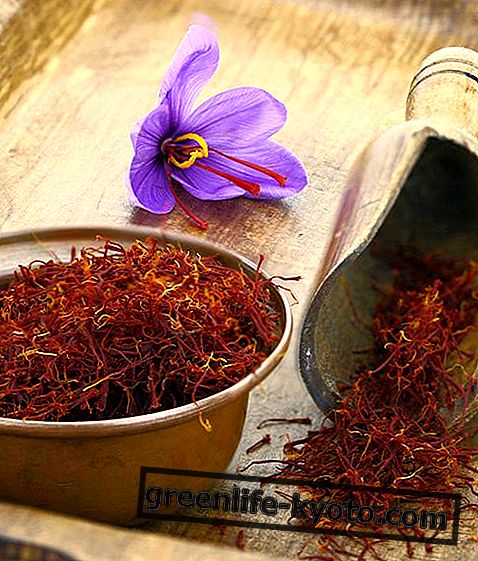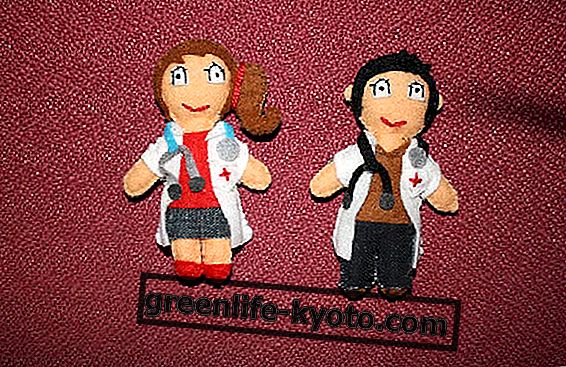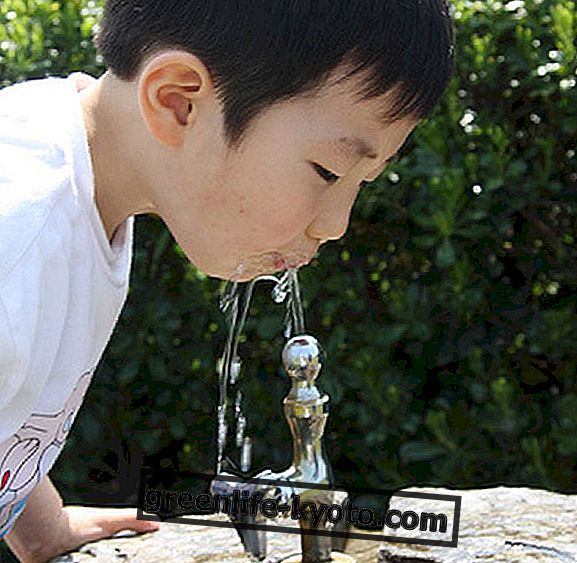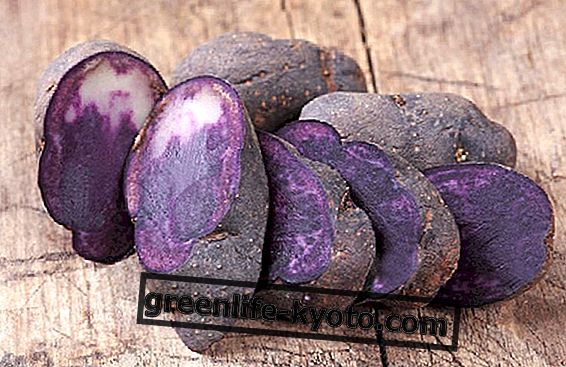
Normal 0 14 false false false IT X-NONE X-NONE
Sensitive teeth are a problem that affects more than 50% of people and the most exposed age range is 20 to 30 years.
Furthermore , people feel this dentinal sensitivity more in the summer period because they drink cold drinks more often and eat ice cream, popsicles and other cold foods.
External stresses such as drinking and eating cause discomfort and pain in people who have sensitive teeth. We have several triggers for this problem and we can get to know some tips to alleviate the problem of dentinal hypersensitivity.
Sensitivity to the teeth
Having sensitive teeth means feeling discomfort and even acute pain in the area of the teeth . This usually happens when we drink or eat something cold or when we touch our teeth even with our fingers.
We can still suffer from tooth sensitivity by eating hot, sugary, acidic foods or even by breathing cold air.
This disorder is related to the loss of the enamel that protects the teeth, in fact when the collar of the tooth remains exposed and the root of the tooth is exposed we have a consequent activation of the perception of the nerves that send the signal of discomfort or pain. In fact in the roots of the teeth we have small tubules connected to the center of the nerve of the tooth.
The tubules perceive external stimuli such as heat, cold, sweet and acid and send impulses to the nerve endings of the tooth which, when activated, signal the sensation of discomfort or pain.
All this happens only when the root is exposed and no longer protected in the collar and tooth enamel.
Read also Teeth, how to keep them healthy >>
Avoid cold and sugary foods
The first tip is to avoid drinking and eating cold and sugary foods.
Ice creams and popsicles are obviously the products that most trigger the unpleasant sensations of cold teeth as well as the fact that they also contain an enormous amount of sugar.
It would also be good to avoid drinking any beverage held in a refrigerator at 4 degrees of temperature.
Among these drinks, packaged fruit juices are those that, in addition to being drunk cold, also have a greater quantity of sugar than those extracted at the moment with the centrifuge.
However, the temperature range between the internal temperature of the mouth and the drink or cold food immediately causes discomfort or pain if we have dentinal sensitivity.
In summer this situation is obviously much more frequent but we remember that eating and drinking cold food in the summer is always a thermal shock for the body in addition to those who suffer from dental problems. It is much better to drink and eat foods at room temperature whether we suffer from sensitive teeth or the health of our body.
Avoid acidic foods
In addition to the cold and sugary foods, acidic foods should also be avoided because they also stress the sensitivity of the teeth.
The mouth has a normal pH and when we eat or drink acidic foods we go to alteral this pH with consequent activation of the perceptions of discomfort or pain in the teeth.
The acidity leads to degrade over time the enamel that covers the teeth and this leads to the exposure of the root therefore it originates precisely the dentinal hypersensitivity.
Orange juice, lemonade or other citrus fruit drinks should be drunk with a straw so as not to touch your teeth.
Soft and carbonated drinks such as orangeade but especially coca-cola are also to be avoided .
Other foods at risk are tomatoes and mangoes but also products of animal origin such as meat, milk, eggs and dairy products as well as the use of white sugar and refined flour lead to an acidification of the body .
Special toothpastes
For those who suffer from sensitive teeth it is advisable to purchase a special toothpaste for dentinal hypersensitivity.
In fact these toothpastes are created with substances that have the function of covering and protecting the collar of the tooth trying to restore the natural situation of a healthy mouth.
Unfortunately the effect of the substances inside these toothpastes is temporary and only protects the tooth for a certain time.
The continued use of a toothpaste due to the dentinal sensitivity is certainly an excellent habit that will significantly lower the problems of hypersensitivity to the teeth . Instead, toothpastes with overly aggressive substances such as some whitening toothpastes should be avoided.
The choice of a toothpaste should include natural and specific ingredients for dental desensitization .
The right toothbrush
Daily use of the toothbrush is essential to maintain proper oral hygiene .
There are different types of toothbrushes with more or less hard bristles.
In the case of the dentinal sensitivity, soft bristle toothbrushes should be chosen because obviously those with hard bristles may accentuate the problem, stressing more the nerve endings and the uncovered tooth collar.
Obviously the way in which to brush the teeth affects the dental sensitivity, therefore the movements must be delicate, avoiding a vigorous and excessive rubbing.
Also the use of water while brushing your teeth is important because the cold temperature is not advisable to better opt for water at room temperature or slightly warm.
The choice of specific toothpastes that desensitize and protect as well as the choice of a soft bristle toothbrush are certainly excellent tips to help with this problem of sensitive teeth.













